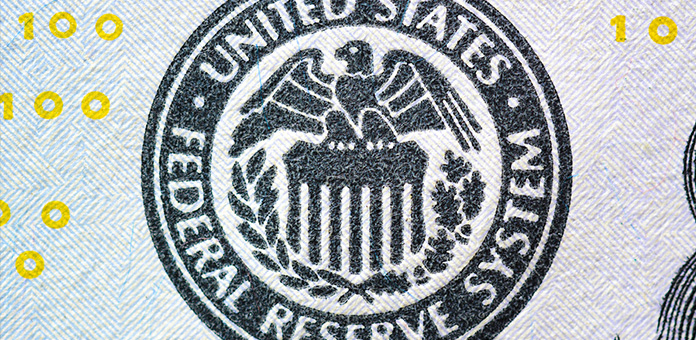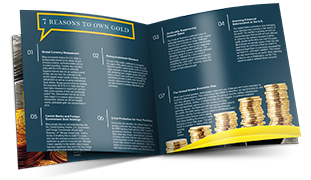
Last month, President Trump nominated economist Marvin Goodfriend to the Federal Reserve Board of Governors. While the pick still needs to be confirmed by the Senate, Mr. Goodfriend is an interesting choice given his attacks on current Fed monetary policy and outspoken advocacy of some fairly radical economic theories. 1 The choice was also a surprise given the president’s previous nomination of Jerome Powell to Fed chair because he is expected to maintain Janet Yellen’s approach. Some observers have balked at the decision: a recent post on the website of the Mises Institute asked, “Is Marvin Goodfriend the Worst Fed Nominee of All Time?” 2 So, what exactly are Mr. Goodfriend’s controversial ideas?
Negative Interest Rates
Mr. Goodfriend is a big fan of giving the Fed the ability to use negative interest rates to spur the economy. Negative interest rates essentially mean that if you put your money in a savings account at a bank, you would have to pay for the privilege of letting the bank use your money instead of them paying you. The intent would be to force consumption and investment to increase demand in an especially sluggish economy. Both the EU and Japan have used negative interest rates in recent decades, but there is disagreement over their effectiveness. 3 Former Fed chairmen Ben Bernanke has discussed the possibility of negative interest rates in the U.S. in the past.
Negative interest rates would almost certainly increase demand for precious metals. Since no interest is earned when holding precious metals, no interest can be charged, and so purchasing and holding precious metals could be a good way to continue to save in a negative interest rate environment.
Privacy Concerns
As part of his campaign for negative interest rates, Mr. Goodfriend would like to ban the use of cash. In negative interest rate environments, consumers often pull cash from banks and lock it up in at-home safes rather than spend it or pay to keep it in the bank. Negative rate believers therefore logically conclude that cash should be banned in order to preserve the central bank’s ability to impose negative rates.
Privacy hawks are not fans of this approach. First, that would be that all your hard-earned money could only be used in electronic form, thereby using credit and debit cards or similar solutions. These methods are easily monitored and your spending tracked with no difficulty, which understandably disturbs privacy advocates. Such concerns are likely to only further drive precious metals investing, as neither coins nor bars are electronically monitored.
Gold Demand
Marvin’s Goodfriend’s nomination is, by any measure, bullish for precious metals. Negative interest rates and privacy concerns would dramatically increase demand for gold and the rest of the precious metals. Additionally, the implied chaos of nominating one of the most vociferous critics of current Fed policy to the Board of Governors while also nominating Jerome Powell, a Janet Yellen ally, will lead to obvious discord at the Fed itself. If and when their disagreements become public, the resulting impression on the markets will be to increase concerns about the economy and drive a flight to quality.


